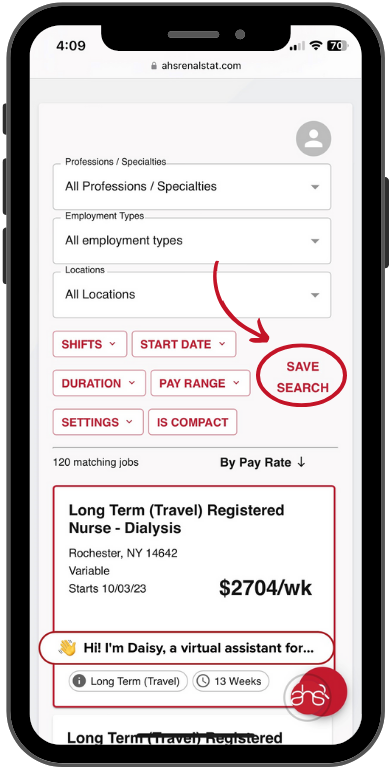So you have a big interview coming up and want to make sure you make a great impression!
Be Likeable
This may be obvious, but it’s critical! Making a great first impression and establishing a real connection is everything. Smile, make eye contact, be enthusiastic, sit forward in your chair, use the interviewer’s name. Be yourself, but be the BEST version of you! We all want to work with people we like and who like us. Use that basic fact to your advantage. Few candidates do. Never start the interview by saying you want the job. Why? Because you don’t know yet! False commitment is, well, false.
Ask Questions
Ask questions about what really matters to you. Focus on making sure the job is a good fit: Who you will work with, who you will report to, the scope of responsibilities, etc. Interviews should always be two-way, and interviewers respond positively to people as eager as they are to find the right fit! Plus, there’s really no other way to know you want the job. And don’t be afraid to ask several questions. As long as you don’t completely take over, the interviewer will enjoy and remember a nice change of pace.
Give Them A Hook
A sad truth of interviewing is that later they often don’t remember a tremendous amount about you — especially if they’ve interviewed a number of candidates for the same position. Later, they might refer to you as, “The guy with the alligator briefcase,” or, “The lady who grew up in Panama.” Sometimes you may be identified by hooks, so use that to your advantage! Your hook could be clothing (within reason), or an outside interest, or an unusual fact about your upbringing or career. Hooks make you memorable and create an anchor for interviewers to remember you by — and being memorable is everything.
Know What You Offer
Know what you can offer immediately! Researching the company is a given; go a step further and find a way you can hit the ground running or contribute to a critical area. If you have a specific technical skill, show how it can be leveraged immediately. But don’t say, for example, “I would love to be in charge of revamping your social media marketing.” One, that’s fairly presumptuous, and two, someone may already be in charge. Instead, share details regarding your skills and say you would love to work with that team. If there is no team, great — you may be put in charge. If there is a team you haven’t stepped on any toes or come across as pushy. Just think about what makes you special and show the benefits to the company. The interviewer will be smart enough to recognize how the project you bring can be used.
Never say “I can’t”
Don’t create negative sound bites. Interviewers will only remember a few sound bites, especially negative ones. If you’ve never been in charge of training, don’t say, “I’ve never been in charge of training.” Say, “I did not fill that specific role, but I have trained dozens of new hires and created several training guides.” Basically, never say, “I can’t,” or “I haven’t,” or “I don’t.” Share applicable experience and find the positives in what you have done. No matter what the subject, be positive: even your worst mistake can be your best learning experience!
Reinforce a connection with your follow-up. Email follow-ups are fine; handwritten notes are better; following up based on something you learned during the interview is best: An email including additional information you were asked to provide, or a link to a subject you discussed (whether business or personal.) The better the interview — and more closely you listened — the easier it will be to think of ways you can make following up seem natural and unforced. And make sure you say thanks — never underestimate the power of gratitude.


